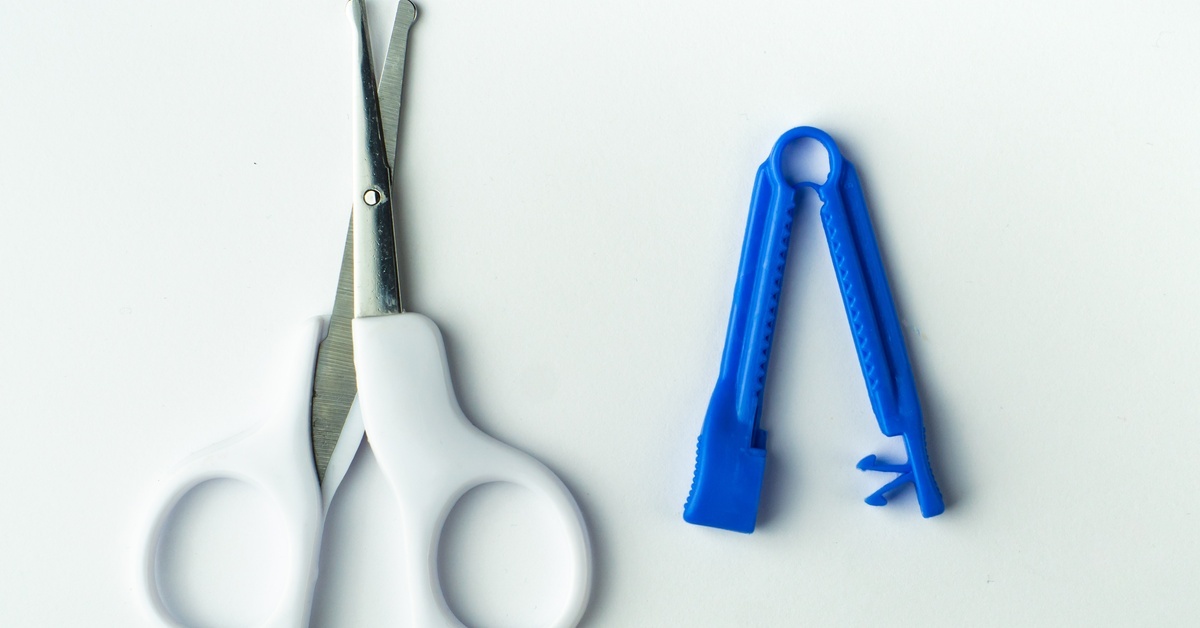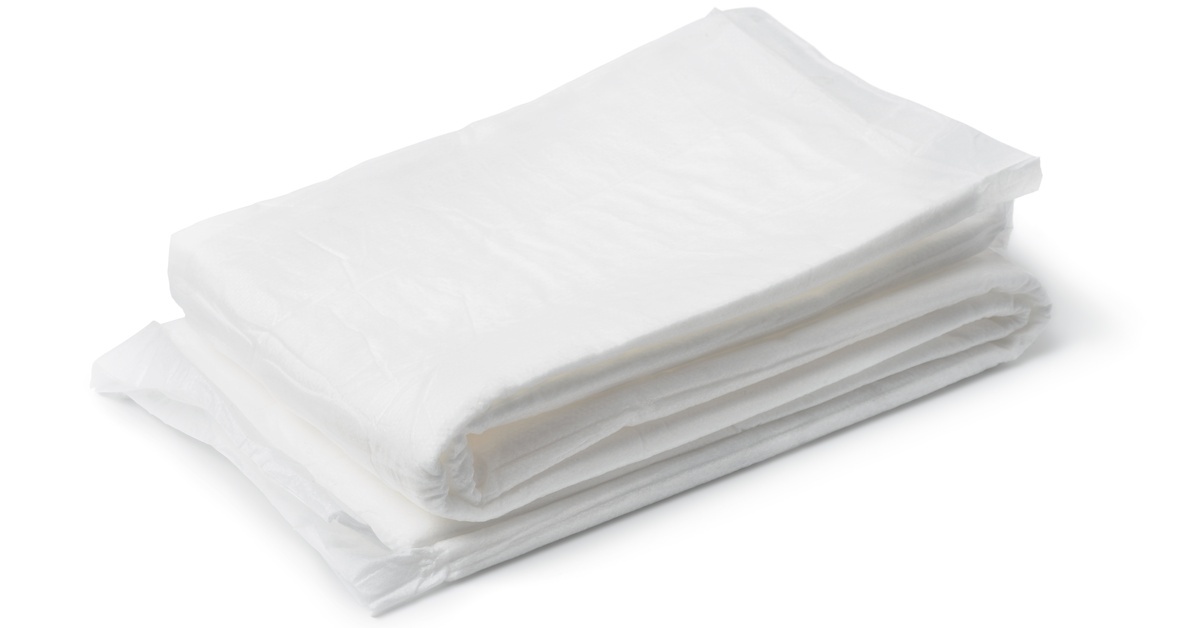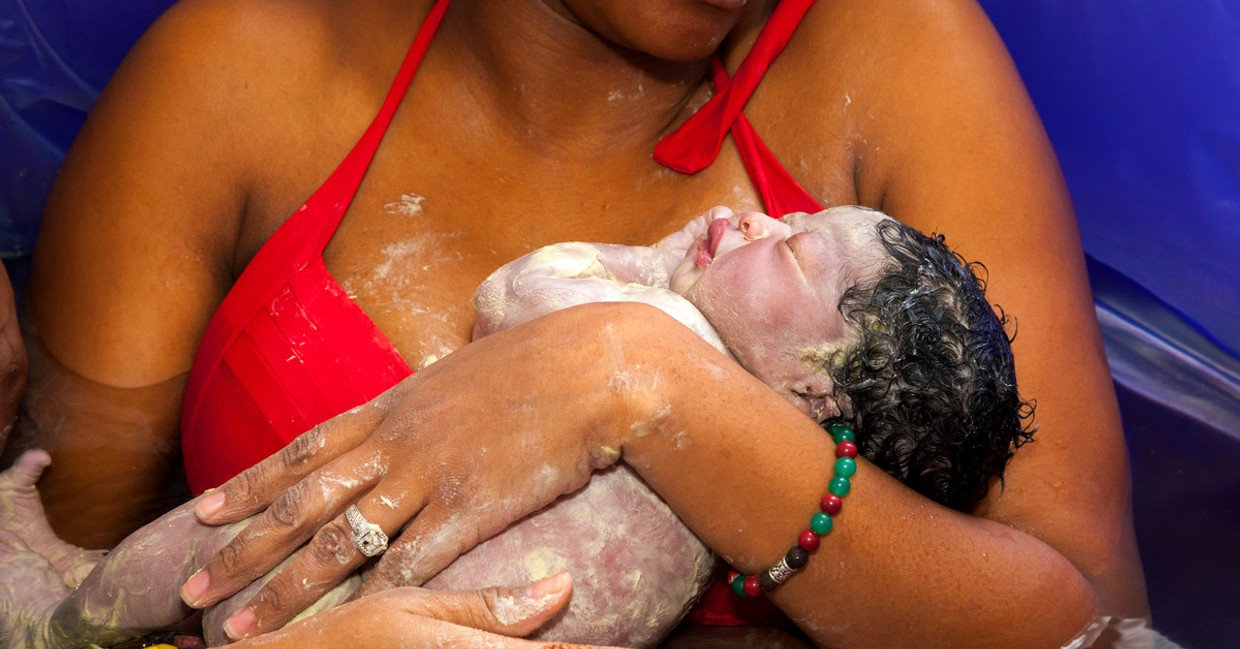Newborn Care Supplies for Immediately After a Home Birth
The moments right after a home birth demand careful attention and the right supplies. As a midwife, you know that having quality newborn care supplies ready makes those first hours safer and smoother for everyone involved. This guide covers the newborn care supplies you'll need immediately after a home birth to provide excellent care during this critical window.
Essential Assessment and Monitoring Equipment
You need reliable tools to assess the newborn's health right away. A high-quality infant stethoscope enables you to check heart sounds and breathing patterns with greater accuracy. The smaller chest piece fits a newborn's tiny body and picks up subtle sounds that larger stethoscopes might miss.
A digital thermometer provides fast and accurate temperature readings. Hypothermia poses significant risks for newborns, so it's essential to check their temperature within the first hour and monitor it closely. Look for thermometers explicitly designed for infants, as they're gentler and safer for their delicate skin.
An infant scale matters more than many people realize. You need to record the baby's birth weight and track any changes that occur during the first hours and days. Weight loss can signal early feeding problems or dehydration. Choose a scale that measures in small increments and has a stable, easy-to-clean surface.
A pulse oximeter designed for newborns helps you monitor oxygen saturation levels. This small device clips onto a baby's foot and provides immediate feedback on the baby's oxygen levels. It's particularly valuable when assessing babies with difficult deliveries or those who struggle with their transition to breathing air.
Blood pressure monitoring equipment sized for infants rounds out your assessment toolkit. While you won't use this for every birth, having it available can be helpful if any complications arise. The right cuff size matters; adult equipment simply won't work on a newborn's small limbs.
Supplies for Immediate Physical Care

The newborn needs warmth right away. Clean, pre-warmed blankets and towels help prevent heat loss during those vulnerable first minutes. Keep several on hand because you'll use them for drying, wrapping, and creating a warm environment. Cotton or cotton-blend fabrics work best as they're soft, absorbent, and wash well.
Umbilical cord care supplies belong in every birth kit. You'll need sterile cord clamps, sharp scissors or a blade for cutting, and an appropriate antiseptic solution. Some midwives prefer cord tie sets, while others use plastic clamps. Both work fine as long as you apply them correctly and maintain sterile technique.
Bulb syringes help you clear mucus from the baby's nose and mouth if needed. Most newborns don't require suctioning, but you want this tool ready when a baby needs help clearing their airway. Keep several sizes available and ensure they're clean and ready for use.
Sterile gloves protect both you and the newborn during examinations and procedures. Stock multiple sizes so everyone on your team can work comfortably. Powder-free options reduce the risk of irritation to sensitive newborn skin.
Eye care supplies include the medications or preparations required by your local regulations. Many regions mandate prophylactic eye treatment to prevent infections. Know your area's requirements and keep the necessary supplies up to date and properly stored.
Feeding Support Materials
Supporting early feeding sets the stage for long-term success. Your home birth essentials should include several clean receiving blankets that the birthing parent can use for skin-to-skin contact and nursing. This direct contact helps regulate the baby's temperature and encourages feeding.
Breast pads, also known as nursing pads, provide comfort to the birthing parent as milk begins to flow. Stock both disposable and reusable options so families can choose what works for them. Include information about standard feeding patterns and what to watch for in those first days.
A supplemental nursing system may become necessary if the baby struggles to latch or the birthing parent has concerns about their milk supply. These systems allow supplementation during breastfeeding, promoting the baby’s nutrition while reinforcing the parent–child bond.
Clean bottles, nipples, and infant formula should be available even when families plan to breastfeed exclusively. Sometimes medical situations require supplementation, and you don't want to scramble for supplies during an emergency. Store ready-to-feed formula that doesn't require mixing, as it's safer and more convenient.
Consider bringing educational materials about feeding techniques, common challenges, and when to seek help. Written resources provide families with a valuable reference point after you leave. Simple handouts are more effective than lengthy documents that overwhelm new parents.
Emergency Response Supplies
You prepare for emergencies, hoping you'll never use these supplies. A newborn resuscitation bag and smaller masks for infants could save a life. Ensure you know how to use this equipment properly and check it regularly to confirm that everything works correctly.
Sterile gauze pads, medical tape, and bandaging materials help you handle bleeding or other injuries. Stock various sizes and keep them sealed until needed. Include hemostatic agents appropriate for newborn care.
An emergency medication kit contains medications you might need in critical situations. You should have the following supplies:
- Vitamin K for injection
- Epinephrine in appropriate dilutions
- Naloxone for respiratory depression
- Sterile saline for irrigation
- Any medications required by your scope of practice and local protocols
Oxygen delivery systems designed for newborns provide options when a baby needs respiratory support. Equipment includes appropriately sized masks, tubing, and either portable oxygen tanks or concentrators. Test your equipment before every birth to catch any problems early.
A reliable light source helps you see clearly during examinations and procedures. Headlamps keep your hands free and provide focused illumination. Backup batteries or a charging system ensure you won't lose light at a critical moment.
Documentation and Comfort Items

Accurate records protect everyone involved in the birth. Keep clean documentation forms, pens, and a clipboard or hard surface for writing. Record vital signs, assessment findings, procedures performed, and medications given. Time stamps matter, so note when everything happens.
Identification bands for newborns create a clear record from the start. Apply these before you leave the birth so there's never any question about the baby's identity. Include the date, time of birth, and the birthing parent's name according to your local requirements.
Comfort items for the birthing parent support their recovery while they bond with their newborn. Extra pillows help with positioning during feeding. A clean gown or comfortable clothing gives them something fresh to wear. Ice packs or warm compresses address pain and swelling.
Postpartum supplies for the birthing parent also allow you to care for their needs. Stock peri-bottles, absorbent pads, and any medications they might need. Their comfort and health directly affect their ability to care for their newborn.
A camera or phone with good photo capability lets you capture those first moments if families want documentation. Many people treasure these early images. Always ask permission before taking photos and respect the family's privacy wishes.
Build a Comprehensive Home Birthing Kit
Having the right newborn care supplies for immediately after a home birth transforms your ability to provide excellent care. These supplies support the assessment, treatment, feeding, and emergency response during those critical first hours. Stock quality equipment, maintain it properly, and replace items before they expire.
Your preparation gives families the safe, professional care they deserve in their own homes. Check your supplies regularly and stay current with best practices. The newborns and families you serve depend on your readiness and expertise.
Cascade Health Care offers a full range of products designed specifically for home birth professionals. Our curated selection ensures you can provide safe, efficient, compassionate care from the moment of delivery. Check out our site to build a customized home birthing kit for your practice.
Recent Posts
-
Tips for Maintaining Milk Supply When Returning to Work
Returning to work after welcoming a baby introduces logistical, emotional, and physiological challen
-
9 Items EMTs Should Have Stocked for Prehospital Deliveries
Prehospital deliveries rarely announce themselves with perfect timing. One minute you take a routine



